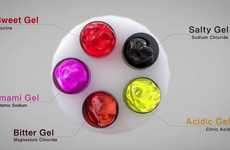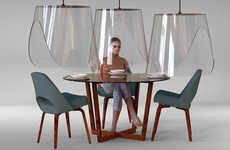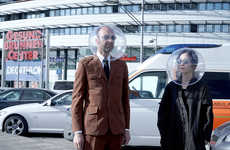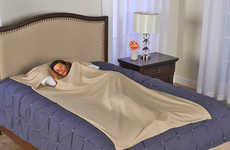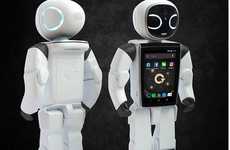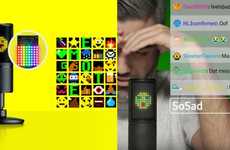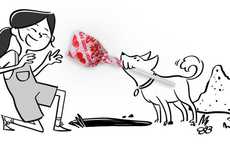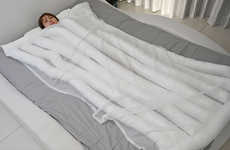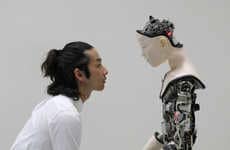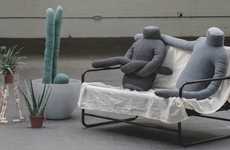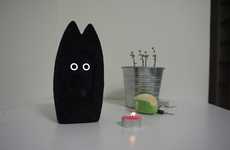
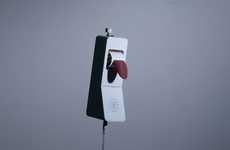


Designers are proposing solutions that address the absence of physical touch
Trend - The term "skin hunger" is a phenomenon popularized during the COVID-19 pandemic and it's prompted by the lack of physical touch for long periods of time. In turn, designers are showcasing various concepts and products that simulate hugging or other actions that bring comfort.
Insight - Many are vehemently practicing social distancing during the COVID-19 pandemic and as time goes on, the feelings of loneliness due to the lack of physical contact intensify. In order to not become too distressed, consumers are looking for safe and responsible ways to mitigate this. As a result, many opt-in for viable alternatives that allow them to feel less lonely, and when this need is met, individuals are more comfortable and content.
Insight - Many are vehemently practicing social distancing during the COVID-19 pandemic and as time goes on, the feelings of loneliness due to the lack of physical contact intensify. In order to not become too distressed, consumers are looking for safe and responsible ways to mitigate this. As a result, many opt-in for viable alternatives that allow them to feel less lonely, and when this need is met, individuals are more comfortable and content.
Workshop Question - How might your brand create a more comforting environment for consumers through your product/service experience?
Trend Themes
1. Skin Hunger - The COVID-19 pandemic has prompted the phenomenon of skin hunger which has given rise to product concepts that simulate hugging or other actions that bring comfort.
2. Deep Touch - Weighted blankets mimic the effects of hugging and cuddling to stimulate deep-pressure touch therapy and help alleviate stress.
3. Physical Experience-mimicking Devices - Experiential devices have been developed to allow people to physically experience conversations, addressing the mental stress of not experiencing genuine human connection during the COVID-19 pandemic.
Industry Implications
1. Healthcare - The use of skin hunger solutions and deep touch therapy can be applied as alternative therapeutic methods in healthcare to improve patient's well-being.
2. Technology - The debut of physical experience-mimicking devices shows how technology is being developed to replace and/or enhance human experiences.
3. Retail - The development of products that simulate physical touch, like the hugging machine and hug-simulating vest, offer retail opportunities that cater to consumer's emotional needs during uncertain times.
